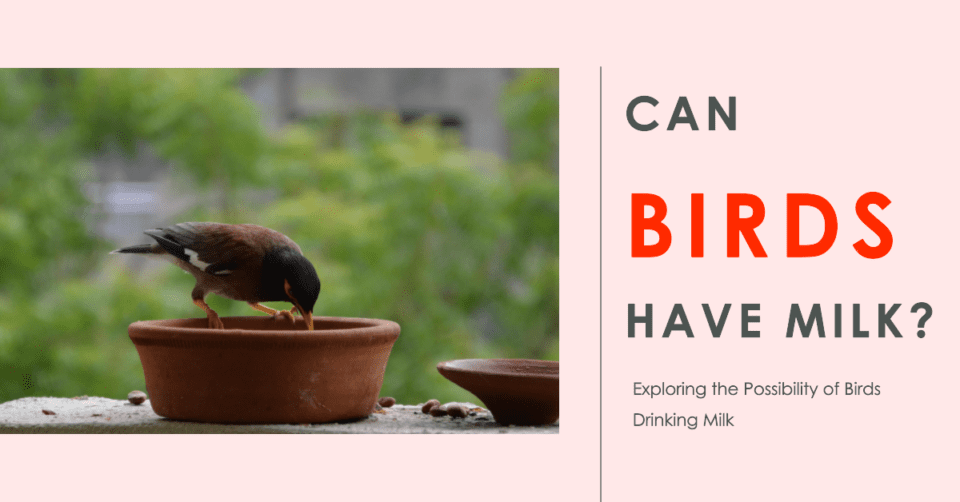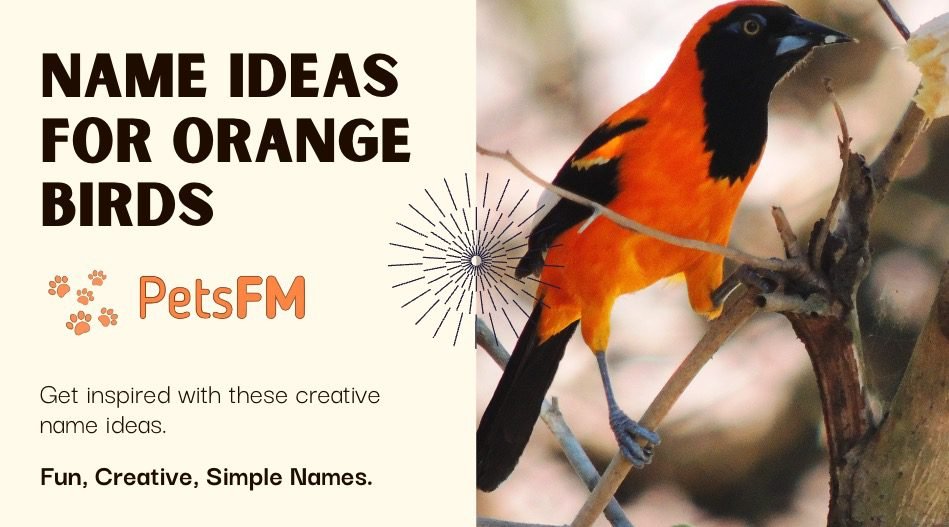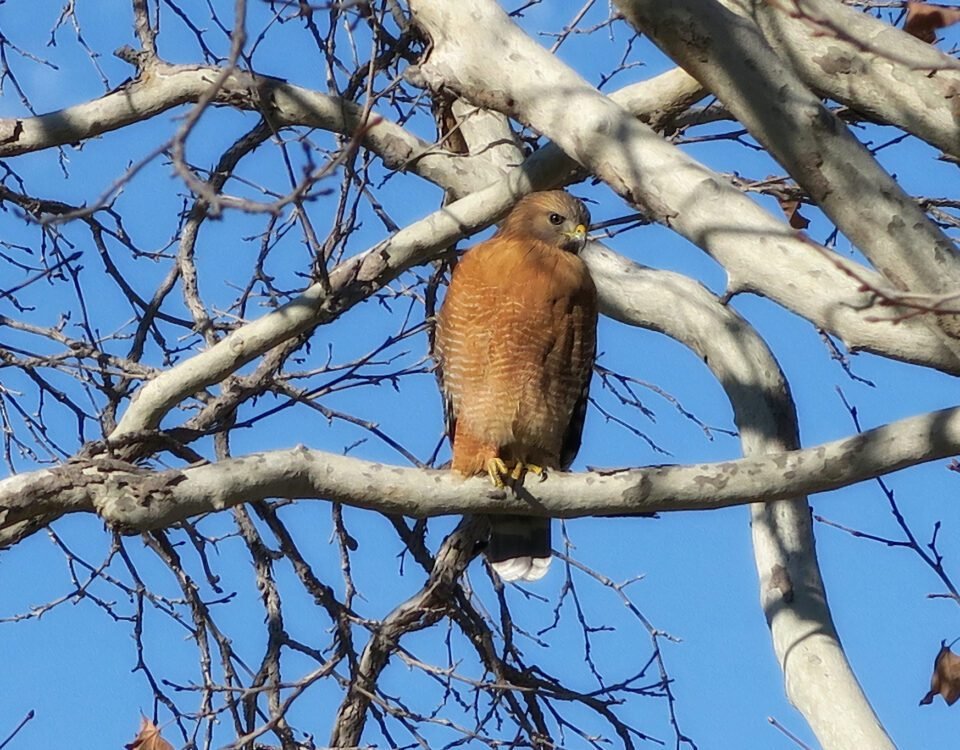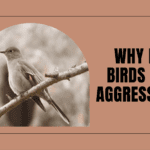


Why Do Birds Get Aggressive? What You Need to Know?
September 16, 2023


Can A Bird Break A Window? The Physics Explained
September 17, 2023The animal kingdom never fails to surprise you regarding unique dietary habits. While we often picture cats lapping up saucers of milk or puppies eagerly consuming a bowl, the picture of a bird sipping on this creamy beverage seems quite unbelievable. But is it? Can our feathered friends indulge in this dairy delight? Can birds have milk? Let’s delve into the intriguing world of birds and find out whether milk should ever make it onto their menu.
Interesting Read: Why Do Some Birds Have Red Eyes? [EXPLAINED]
Can Birds Have Milk?
Though milk is not toxic, most birds cannot have milk, as they can’t tolerate lactose and can’t consume it in significant quantities. However, on rare occasions, birds can have crop milk from their parents. Hence, avoiding giving birds straight milk, soft cheeses, or related dairy items is advisable.
Some birds, including penguins, flamingos, and pigeons, create a substance similar to mammalian milk, called crop milk, packed with nutritional benefits for their chicks. Unlike mammals, where the hormone prolactin regulates milk production, male and female birds produce this nourishing secretion from their crops for their offspring.
What Is Crop Milk?
Crop milk is rich in fats, carbohydrates, essential minerals such as sodium, potassium, calcium, phosphorus, proteins, and antibodies. The IgA antibodies are crucial in strengthening the birds’ immune system alongside beneficial bacteria that aid digestion.
During egg incubation, birds regurgitate food to nourish their chicks. For them, milk is an alien substance. Offering milk to young birds can jeopardize their health and may even be fatal.
Birds derive ample nutrition from their natural diet, which includes vegetables, nuts, seeds, flowers, fruits, grains, and meat. Those who care for birds should avoid giving them milk or dairy products like curd, yogurt, and cheese, as these could be harmful.
Every bird enthusiast must understand that birds lack the necessary enzymes to process the lactose found in mammalian milk.
Why Milk Is Not Good For Birds?
Milk is generally unsuitable for birds due to its lactose content, as most birds are lactose-intolerant. This means they might have adverse reactions to dairy milk.
While milk isn’t inherently “toxic” like some other substances, it doesn’t have components that would directly harm a bird. The lactose, though, might upset a bird’s digestive system. Though it’s rarely lethal, prolonged lactose intake can lead to complications if a bird experiences consistent diarrhea.


Milk
Moreover, milk has a high-fat content, and birds don’t require a fat-rich diet, making milk an unsuitable regular feed. While it might be given sparingly as a treat, it’s not advisable.
Must Read: Why Do Birds Get Aggressive? What You Need to Know?
Different Types Of Milk And Their Safety For Birds
In the past, milk was primarily sourced from animals, predominantly from cows, though sheep milk was also popular in some regions. Cow milk and related dairy products are rich in fat, and birds cannot tolerate lactose, which is potentially harmful.
Nowadays, plant-based milks have carved their niche in the market. Soy milk is one of the popular alternatives. But the list doesn’t end there; almond milk is another notable example.
These plant-derived milks typically lack lactose, bypassing the issues often associated with cow’s milk. Below, we’ll delve into these various milk types and evaluate whether they suit birds.
1: Can Birds Have Chocolate Milk?
Chocolate milk, with its theobromine, alkaloid, and caffeine content, poses significant threats to birds, as these substances are challenging to metabolize. While chocolates might be delightful treats that bring joy to families, they’re quite the opposite for our avian friends. Even a tiny quantity can harm birds, wreaking havoc on a bird’s digestive system.
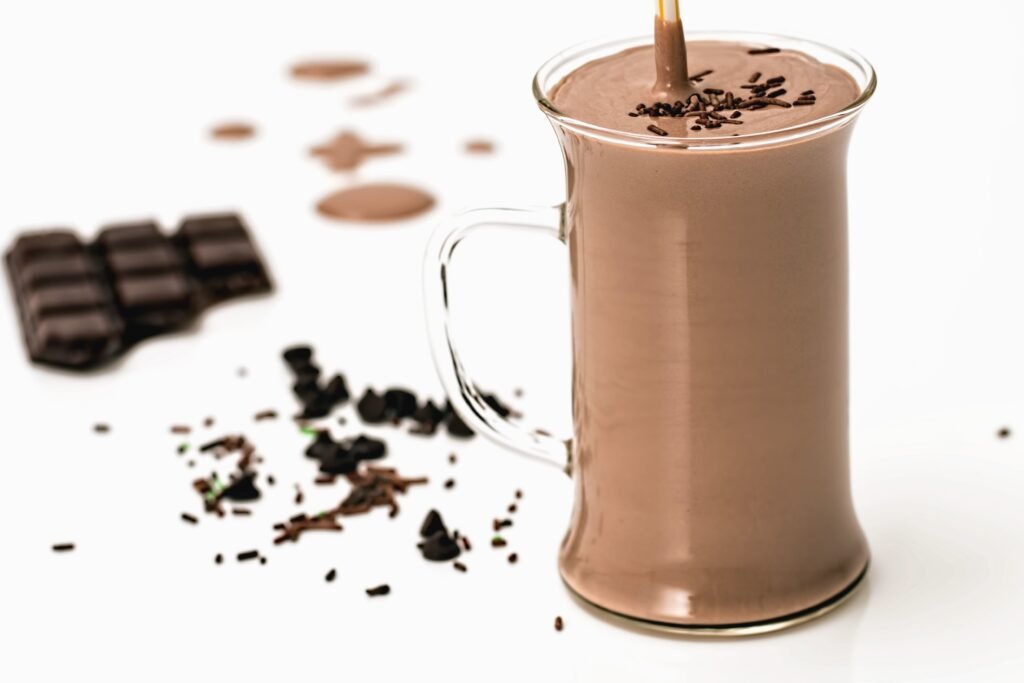

Chocolate Milk
Immediate symptoms in birds can include diarrhea, vomiting, tremors, seizures, increased heart rate (hyperactivity), and, in severe cases, shock, cardiac arrest, stroke, and even death.
If a bird ingests even a trace of chocolate milk or chocolate-based products, it’s essential to consult a veterinarian promptly.
Cute Read:Why Are Birds So Cute? 10 Reasons Why Birds Are Cutest
2: Can Birds Have Soy Milk?
While soy milk is lactose-free and might seem like a viable option for birds, it’s not particularly beneficial for them, and thus, it’s not widely recommended.


Soy Milk
Birds are significantly smaller than humans, and their dietary needs are precise. Each bite they consume should offer the necessary nutrients for their well-being. Unfortunately, soy milk doesn’t provide many essential nutrients birds require. It could also be high in fat and protein. Ideally, birds should consume a diet rich in vegetables and fruits rather than soy milk.
Furthermore, non-organic soy milk might contain elevated levels of pesticides. Soy, in fact, is among the crops that can carry high pesticide residues. While these pesticides might not significantly impact humans due to their size, they can be harmful to birds, given their smaller size and different metabolisms.
Editor’s Pick: How Do Birds Clean Themselves?
3: Can Birds Have Almond Milk?
Almond milk is lactose-free, making it a safer choice for birds than some alternatives like cow’s milk, which might upset their stomach. Nevertheless, it could be more beneficial for birds.
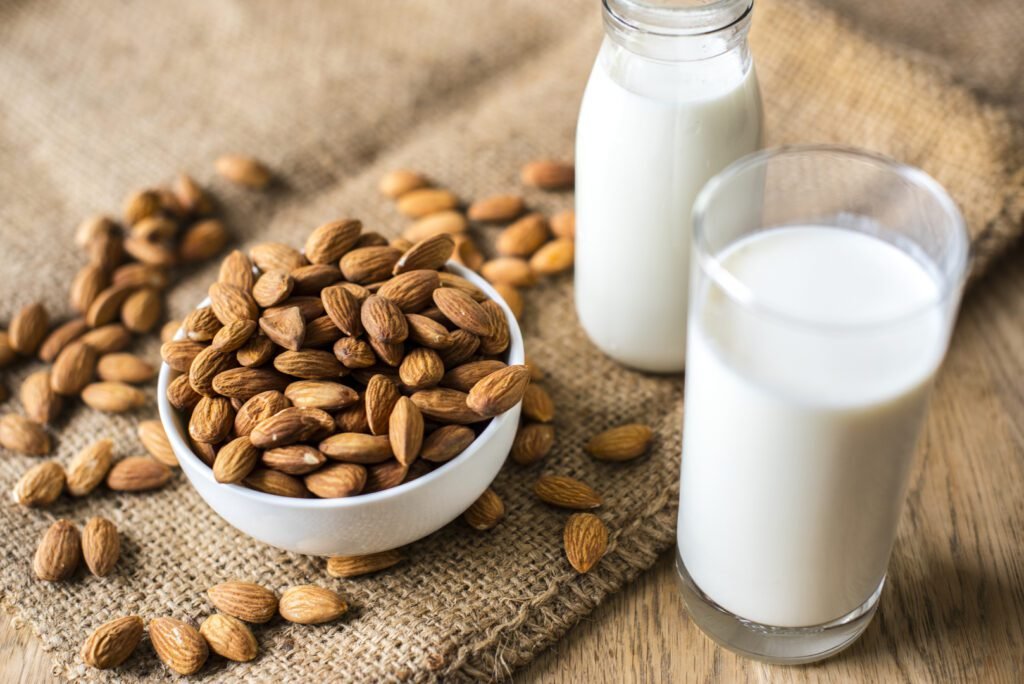

Almond Milk
Almond milk is calorie-dense and is high-fat but lacks the essential nutrients birds require. So, while it might be acceptable as an infrequent treat, it’s not the most nutritious option available.
Even if almond milk can be given occasionally, there are certainly better treats to consider for your feathered friend!
4: Can Birds Have Coconut Milk?
Indeed, birds can consume coconut milk in moderation. Coconut, being calorie-dense and rich in fats and oils, requires careful observation when incorporated into a bird’s regular diet.


Coconut Milk?
Authentic coconut milk is derived from mature coconuts and is pure, creamy, and redolent of coconut essence, primarily due to the thick white flesh rich in oils and fats.
While supermarkets stock pre-packaged coconut milk, these are less fresh than those pressed directly from the fruit. Furthermore, the lining of some containers, particularly cans, might leach harmful chemicals like BPA, especially when storing fatty foods like coconut milk.
Hence, obtaining fresh coconut milk can be challenging outside tropical regions, making bottled or carton-packed coconut milk more convenient than canned ones.
A notable component of coconut milk is its medium-chain triglycerides (MCT). These saturated fatty acids bypass the usual digestive process, getting metabolized quickly. This makes them advantageous in managing weight for companion birds.
Thus, lacking lactose, coconut milk stands as an excellent dairy-free alternative to cow’s milk, aligning with the digestive systems of birds. However, it’s important to note that powdered forms or condensed blocks diluted with water are not ideal for bird consumption.
5: Can Birds Have Flavored Milk?
Giving birds flavored milk, like banana, vanilla, or strawberry, can be problematic due to its high sugar content, which can upset their digestive system.
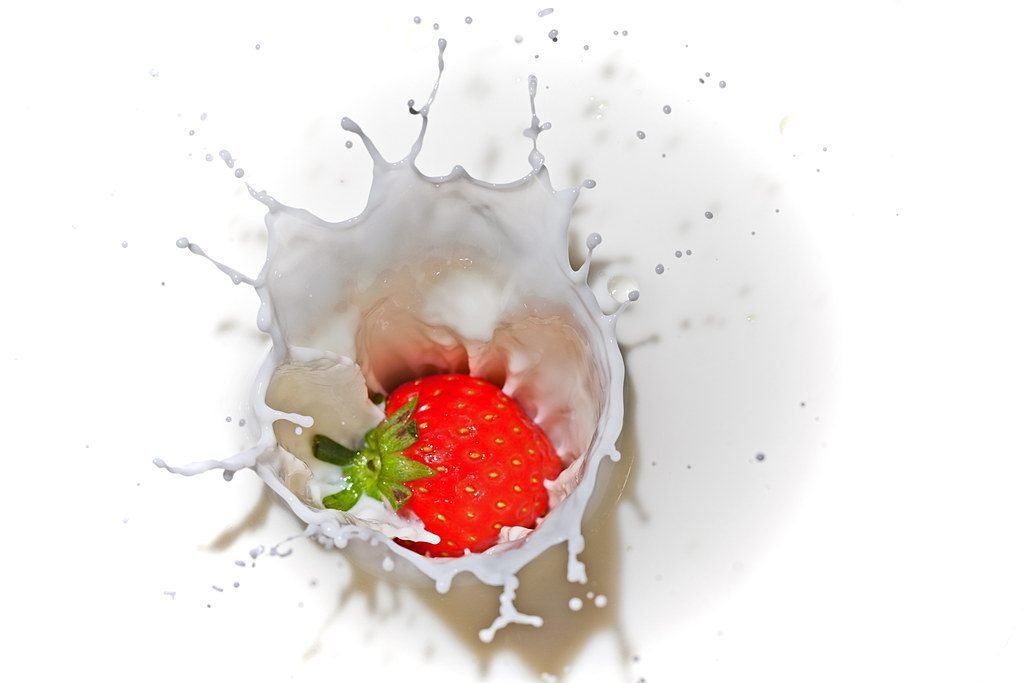

Flavored Milk?
While the sugar in flavored milk isn’t inherently toxic to birds, excessive sugar intake can lead to significant health complications.
Often, the sugar in these beverages is heavily processed and devoid of any nutritional value. Offering such nutrient-lacking flavored milk is inadequate and can compromise birds’ overall well-being.
What Drinks Can A Bird Have?
In the wild, birds consume just water, making it a natural and optimal choice even in captivity. Hence, water should be your bird’s primary beverage, as it provides essential hydration without adding unnecessary calories to their diet.
While some fruit juices without added sugars seem acceptable, they still contain calories that could be better sourced from more nutritious foods. Moreover, these juices lack many nutrients in whole fruits, especially fiber, which is crucial for your bird’s health. If you opt to provide fruit juice, it should be a rare treat.
Always scrutinize the ingredient list before giving any juice to your bird. If you spot added sugars or any other questionable components, it’s best to avoid them!
Interesting Read:Why Do Birds Walk Funny? Different Types of Bird Walk
Conclusion
In conclusion, milk is not an ideal choice for birds. While not toxic, the lactose in cow’s milk is hard to digest due to a lack of necessary enzymes, potentially causing diarrhea and stomach issues.
Symptoms can vary, with some larger birds tolerating more milk than smaller ones, though there are exceptions. While milk alternatives like almond and soy milk lack lactose, they’re still rich in fat and offer limited nutritional benefits. Hence, it’s better to choose nutrient-rich snacks for your feathered friends and always avoid chocolate milk, which contains harmful sugars and caffeine!
